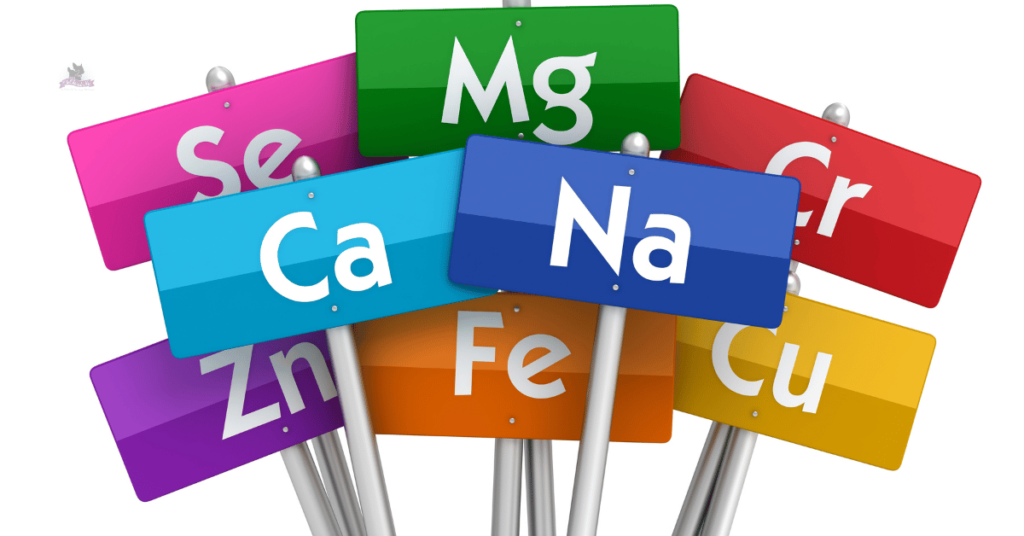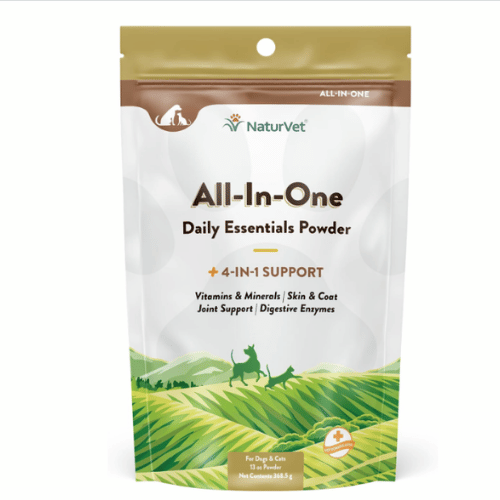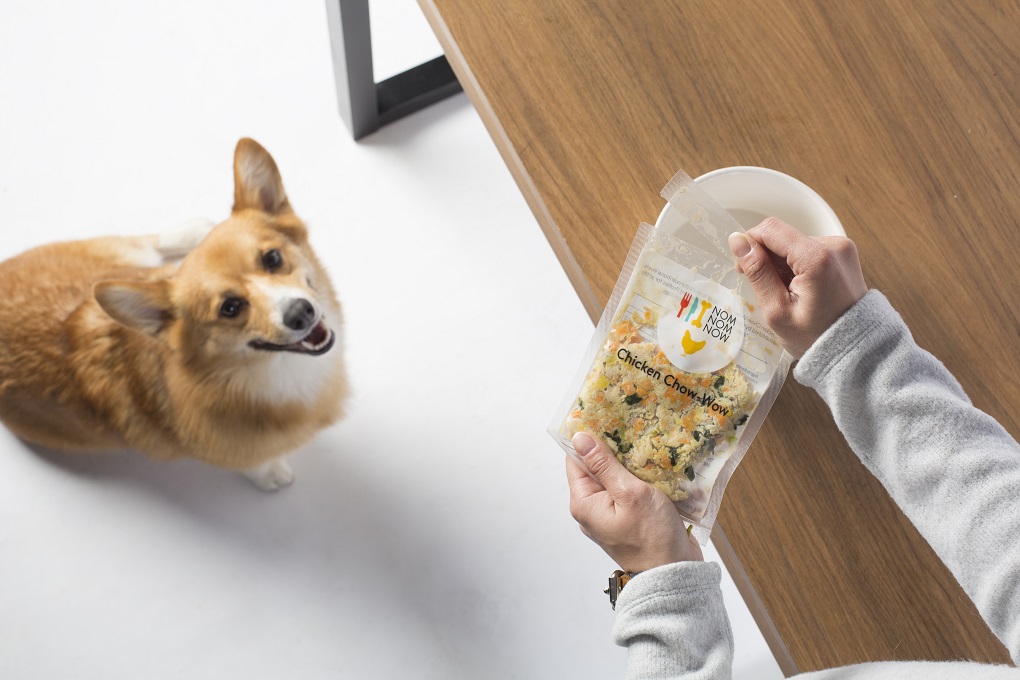Our Chihuahuas are living longer and healthier lives thanks to advancements in canine nutrition. Pet pawrents around the world are becoming much more aware of the importance of good nutrition to our Chihuahuas health and lifespan.
When it comes to your dog’s health, nutrition is key. While we often focus on the big components of a balanced diet—like proteins, fats, and carbohydrates—trace minerals are an often overlooked but critical part of the puzzle. These essential nutrients, though needed in small amounts, play a massive role in keeping your dog healthy and thriving.
what are trace or macro minerals?
Trace minerals — sometimes called macro minerals — are minerals required in very small quantities by your dog’s body but are vital for a variety of biological processes. They include elements like:
what happens when trace minerals are lacking in your chihuahua's diet?
Trace mineral deficiencies in dogs can cause a variety of health issues, including:
- Deficiencies in copper, manganese, and zinc can cause bone and joint problems.
- Deficiencies in copper, manganese, zinc, and sulfur can cause skin and coat problems, including hair loss, dull coat, and skin ulcers.
- Deficiencies in zinc can cause fertility issues.
- Deficiencies in selenium can weaken the immune system.
- List ItemDeficiencies in selenium can cause muscle cramping.
- Deficiencies in iron can cause poor growth and anemia.
- Mineral deficiencies can cause fetal abnormalities.
- Mineral deficiencies can cause infertility.
You may look at this list and think, “None of these apply to my Chihuahua”. But, think about this: Does your Chihuahua have joint issues and your vet says they don’t have arthritis? Or is your Chihuahua losing fur and your vet has no answers? Dull coat? Constant skin issues? Perhaps your Chihuahua is deficient in one or more of these minerals.
aren't all of these in the pet food i buy?
In pet food diets, there are two important considerations when it comes to trace minerals:
- The form of the mineral offered (inorganic vs. organic)
- The amount of trace minerals provided (to ensure that there are no nutritional deficiencies)
Both of these factors will significantly influence the mineral’s bioavailability (the rate and extent of absorption) or the impact that a particular trace mineral has on your Chi.
- Zink
- Iron
- Copper
- Manganese
- Selenium
- Iodine

Though small in concentration, these minerals are essential for your dog’s health and well-being. Each one has a unique role in maintaining normal bodily functions and preventing disease.
how important are trace minerals in dogs diet
Trace minerals impact almost every part of your dog’s health. Here’s a closer look at some of the most important functions:
- Zinc: This mineral is crucial for immune system function, skin health, and wound healing. It also helps maintain a healthy coat, so if your dog has dry or flaky skin, it might be due to a zinc deficiency.
- Iron: Iron is essential for the formation of hemoglobin, a molecule in red blood cells that transports oxygen throughout the body. A deficiency in iron can lead to anemia, causing fatigue and weakness.
- Copper: Copper is important for the development of healthy bones and connective tissues. It also supports the function of enzymes involved in energy production.
- Manganese: Manganese plays a vital role in bone development and in the metabolism of carbohydrates and proteins. It also supports the production of energy and the synthesis of fatty acids.
- Selenium: This mineral is a powerful antioxidant, helping to protect cells from damage by free radicals. Selenium supports immune system function and works hand-in-hand with Vitamin E for optimal health.
- Iodine: Iodine is necessary for the production of thyroid hormones, which regulate metabolism. A deficiency can lead to hypothyroidism, resulting in weight gain, lethargy, and other health problems.

how do you know if your chihuahua is not getting enough trace minerals?
A lack of trace minerals can lead to a variety of health issues for your dog. Common symptoms of deficiency include poor coat condition, skin problems, lethargy, and a weakened immune system. Long-term deficiencies can lead to more serious issues, such as anemia, bone problems, and even organ dysfunction.
For example, dogs that are deficient in zinc may develop skin lesions or hair loss, while those lacking in iron might become anemic and exhibit a pale tongue and gums. A copper deficiency can result in poor bone formation or even neurological issues.
trace minerals in commercial dog food
The good news is that it’s not difficult to provide your dog with the trace minerals they need, as long as you’re feeding them a balanced and complete diet.
Commercial Dog Food: If you’re feeding your dog high-quality commercial dog food, it is typically formulated to meet the nutritional guidelines including trace minerals.
However, when considering trace minerals in commercial dog food, you should think about the following:
- Mineral form: Whether the mineral is organic or inorganic
- Mineral amount: Whether the amount of trace minerals is enough to avoid nutritional deficiencies.
not all trace minerals are created equal
When choosing a commercial dog food there are many different options. But when it comes to supplying trace mineral supplements for pets, these can be broadly classed as either inorganic (ITM) or organic trace minerals (OTM). The latter are so-called because the trace minerals are complex — that is, they are associated with organic bonding groups. These bonding groups include amino acids, small peptides, and organic acids, all of which influence the strength of the mineral binding. This in turn influences the ability of the body to absorb these trace minerals. If the body can’t absorb them, they may not be getting the amount they need.
trace minerals and home cooked dog food
If you prefer to prepare your dog’s meals at home, make sure to include a variety of whole foods like lean meats, organ meats (rich in iron and copper), eggs (source of selenium), and fish (high in iodine). I always suggest adding supplements to ensure your dog gets all the trace minerals they need.
Consulting with a veterinarian nutritionist or a canine nutrition specialist can help you because balance is crucial in creating a healthy diet for your Chihuahua.
adding supplemental trace minerals
If your Chihuahua is not getting enough trace minerals from their food or if they have specific health conditions that require extra nutrients, supplements may be necessary — Organic trace minerals are better absorbed by the body. However, it’s important to use supplements under the guidance of a veterinarian nutritionist or a canine nutrition specialist to avoid overdosing, as too much of certain minerals can cause toxicity.
in conclusion
While trace minerals might seem like a small piece of the nutritional puzzle, they are incredibly important for your dog’s overall health. From supporting their immune system to promoting strong bones and a shiny healthy coat, these minerals help keep your Chihuahua happy and healthy. Feeding a well-balanced diet is the best way to ensure your dog gets all the trace minerals they need for a long, active, and vibrant life.
recommended organic all in one daily multivitamins and minerals

Choose powder or soft chews. Sprinkle the powder in with their food or your Chi will love the taste of the soft chews.
[1[ National Library of Medicine-National Center For Biotechnology. October 15, 2024, study on the bioavailability of trace minerals in commercial dog food:
https://www.ncbi.nlm.nih.gov/pmc/articles/PMC6042527/#:~:text=Aluminum%20is%20the%20only%20nonessential%20trace%20mineral,Aluminum%20neurotoxicity%20has%20been%20reported%20in%20dogs.



